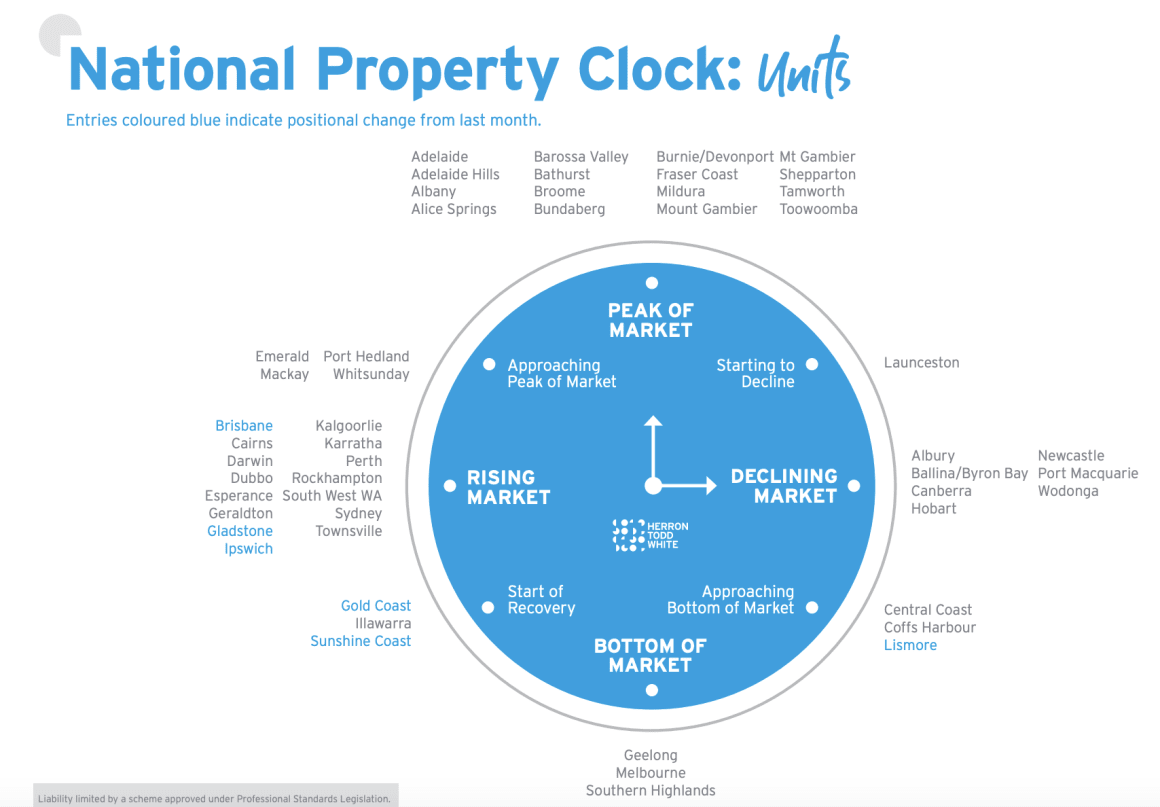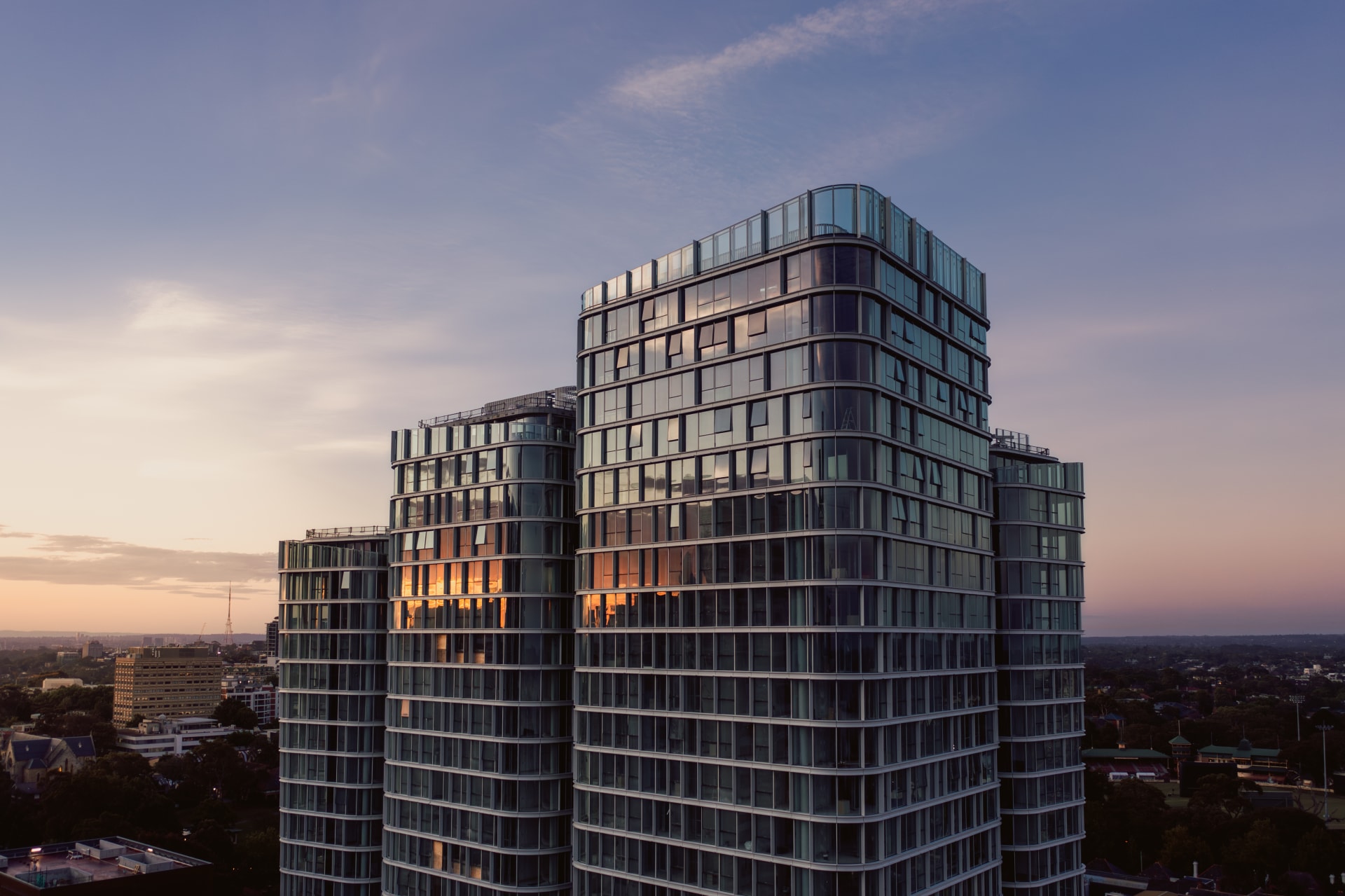Sydney's property market year in review: Herron Todd White

Sydney's residential property market has showcased remarkable resilience throughout 2023, defying earlier predictions of a prolonged downturn.
Property valuation firm Herron Todd White initially expected the year to begin with continued interest rate rises and face prolonged price declines.
However, a closer look at the findings in their 2023 A Year in Review Report reveals unexpected trends and factors influencing the city's real estate landscape.
Herron Todd White Director Shaun Thomas said in the report that despite four interest rate hikes by June, the Sydney property market experienced a swift rebound, bottoming out in the first quarter and enjoying consistent growth throughout the year.
"Earlier in the year we predicted the bottom of the market was nearby but what took us by surprise was the quick rebound. Whilst value levels might not be back to where they were in 2022 the recovery is well and truly on," Thomas said.
The rebound was particularly surprising considering earlier concerns about a predicted "mortgage cliff" and a wave of forced sales that failed to materialise.
Many suburbs in the north-west led the charge to recovery, with some values returning to 2022 levels.
"The lack of stock had more influence over the market’s performance than the multiple back-to-back interest rate rises," Thomas noted.
The unit market in Sydney's Lower North Shore witnessed modest growth, partly driven by first-time homebuyers capitalising on government stamp duty benefits.
"Many of these buyers, having faced significant rental increases over the past 12 to 18 months, have opted to transition to homeownership," Thomas added.

Investment-grade properties and residential apartments closer to the CBD recorded increases in value levels, with the market regaining most of the capital value lost in late 2022.
"A feeling of optimism took over the market circa March 2023, with many buyers taking the opinion that the RBA was at the height of the cash rate increases attributable to the slowing inflation data being reported at the time.
"The renewed confidence amongst some buyers as well as the low levels of properties on the market for sale have been the major catalysts for strengthened sale prices throughout 2023."
The higher median property values of Sydney's inner city, sensitive to interest rate movements, experienced some softening but ultimately showed resilience. The market reacted to interest rate fluctuations, varying impacts on different property types.
"With the inner city Sydney market surprisingly resilient, increases continued throughout quarter two and into quarter three, however, the momentum was dampened by further interest rate rises in May and June with CoreLogic reporting price growth slowing to 0.9%.
"The most recent rate rise appears to have been the final blow of 2023, with many agents reporting that they are in the process of finalising their last deals for the year and winding down for the holiday period," Thomas added.
The eastern suburbs showcased continuous property value increases attributed to low market supply, immigration, and first-home buyer schemes. The duplex market and large homes remained strong, with sales often exceeding expectations.
Thomas added that the unit markets have remained active, particularly lower-density apartment complexes, primarily driven by investors and first-home buyers who want to take advantage of first-home buyer incentives.
"High-density apartment developers have gone under further scrutiny due to well-documented building defect issues and major developers being liquidated (such as Ralan). This has provided more of a negative stigma to these markets.
"We do note that the work being done by the New South Wales Building Commissioner is helping to return some confidence to buyers in this market.
"With immigration expected to remain high and new dwelling approvals at lows, there's likely to be a continued housing supply shortfall, putting upward pressure on prices and rents."

